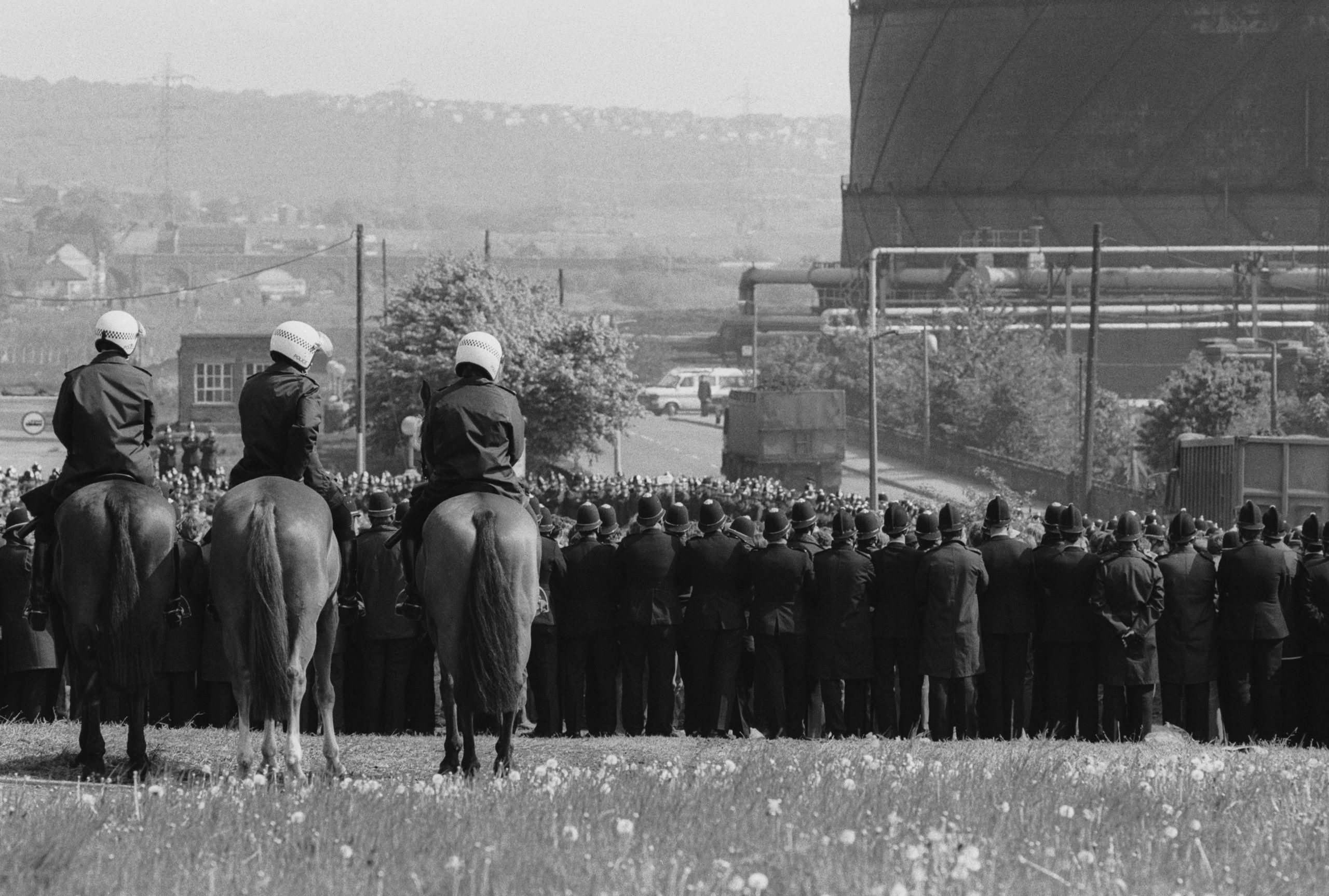
There were no deaths, no unlawful convictions, and there is little scope to learn from police behaviour more than 30 years ago.
That was the explanation given by Brandon Lewis, the unfortunate minister sent in place of Amber Rudd, the Home secretary, to field questions about the decision not to hold an inquiry into the violent suppression of miners striking at Orgreave Coking Works in 1984.
But for MPs on both sides of the chamber, the memories of 31 years ago seemed very fresh indeed.
The government may have tried to deal with Orgreave sensitively, but the Tory backbenchers who had turned up had no such inhibitions.
Philip Davies, the closest thing the Tories have to a parliamentary troll, said “unlike most of the people opposite bleating” he actually saw the “bullying and intimidation” of the miners’ strike.
While the Home secretary spoke to the Orgreave campaigners personally, Davies wasn’t interested in such niceties. “These people were trying to take down the democratic government of the time and they lost and they need to get over it,” he shouted.
Anna Soubry, an outspoken Tory backbencher, who was a TV presenter in the 1980s, also wanted to share her frontline experience.
“If we were to have an enquiry, it might be into the acivities of the National Union of Mineworkers,” she declared.
Another Tory, Philip Hollobone, described the strike as “yobs led by trade unionists”.
Lewis tried to calm things down. “This has not been a political decision,” he said, again and again. The MPs were having none of it.
Diane Abbott, the shadow Home secretary, quoted the post-war Conservative Prine Minister Harold MacMillan’s description of the miners as “the best men in the world”.
The decision not to hold an inquiry on Orgreave was “a slap in the face to the best men in the world and their friends and supporters”, she said.
Another Labour MP, Sarah Champion, complained: “I find it very painful that people are rehashing discredited 30-year-old smears.”
Several Tory MPs questioned why, since Labour was in power from 1997 to 2010, it had not seen fit to hold an inquiry while the event was less distant in the past.
Other MPs wanted to know about the role of the police, the parallels with Hillsborough and if freemasonry could have an influence. The Liberal Democrat Greg Mullholland noted that Theresa May’s adviser Nick Timothy had previously called for an inquiry.
Had the government binned the idea because it implicated the government, opposition MPs wanted to know. “Why is it,” asked Dennis Skinner, “That 31 years is too long for an inquiry, and yet 31 years is not too long for this government to hide the cabinet papers of this strike and refuse to release them?”
But Ann Clwyd, the Labour MP for the mining constituency of Cynon valley, who stood on the picket lines during the miners’ strike, probably gave the best summary of the debate.
“People never forget,” she said. “And certainly they never forget the miners’ strike.”







